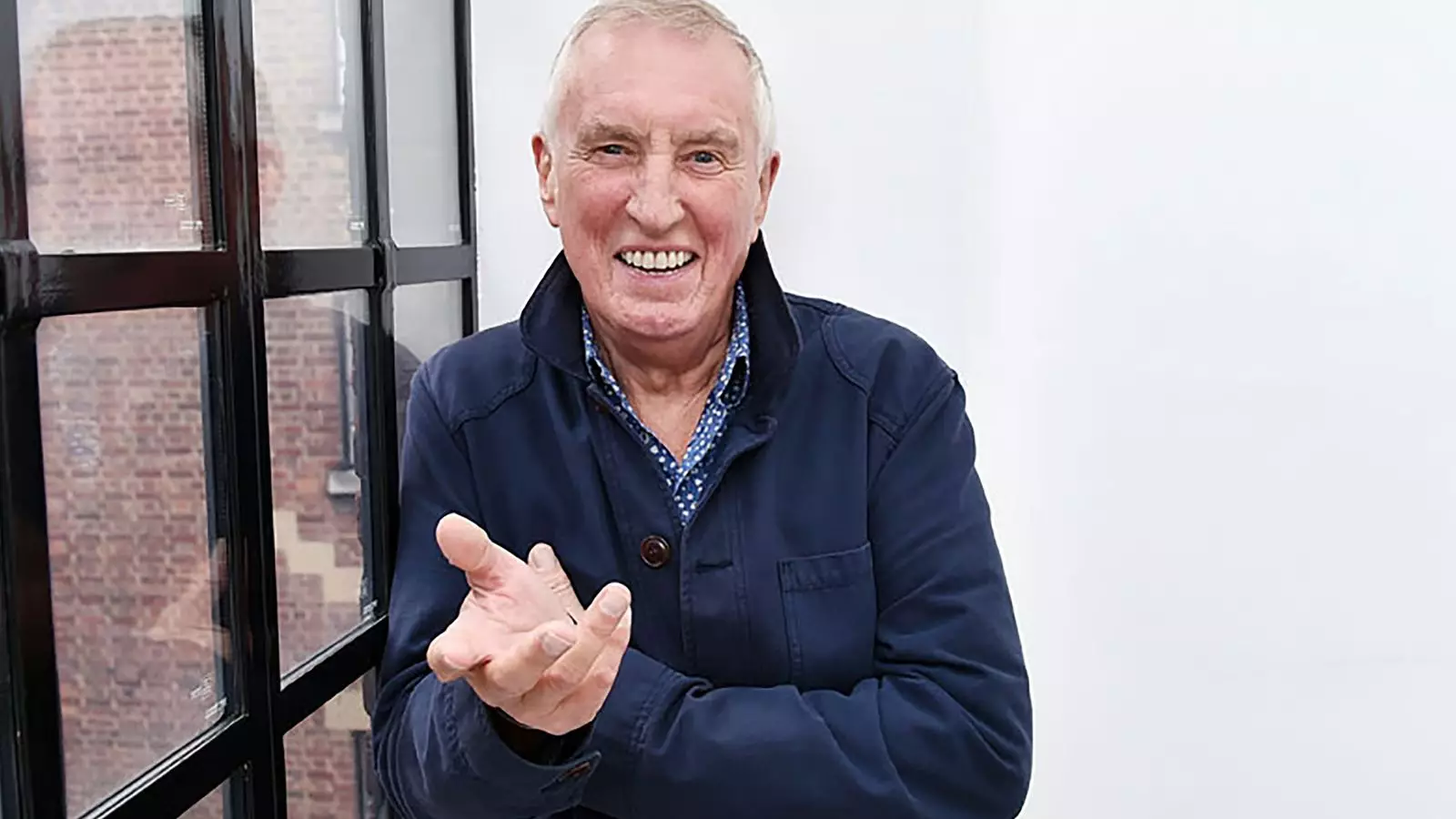The airwaves resonate with the echoes of great broadcasters, among whom Johnnie Walker stands out remarkably. The veteran radio DJ, who graced BBC Radio 2 with his beloved shows such as Sounds of the 70s and The Rock Show, sadly passed away at the age of 79. Walker’s legacy is intertwined with the evolution of music culture, having made significant contributions to the promotion of numerous iconic artists, including Fleetwood Mac, The Eagles, and Lou Reed. With a career spanning nearly six decades, he wasn’t just a DJ; he was a cultural touchstone and an advocate for music that stirred the soul. His recent announcement to step back from broadcasting due to health issues only amplified the sense of loss felt by his audiences and colleagues alike.
Walker’s determination to continue working until the very end of his life serves as a testament to his character. Diagnosed with idiopathic pulmonary fibrosis (IPF)—a progressive and debilitating lung disease—he faced his illness with dignity. His wife, Tiggy Walker, expressed her immense pride in his resilience, emphasizing the grace with which he managed his health challenges while still bringing joy to the lives of listeners. This unwavering spirit resonates with many who aspire to live with courage in the face of adversity.
Despite his health hurdles, Walker remained a charismatic presence on air. His infectious humor and charm still awkwardly intertwined with the profound insights he offered about music and artists. Everyone who tuned into his shows felt a personal connection to him, as he had an unparalleled ability to make listeners feel as though they were part of a privileged conversation about music, rather than passive recipients of broadcasts.
Johnnie Walker’s journey into the world of radio is marked by an unexpected transition from a mechanic to a famed DJ. Born in Birmingham, he first endeavored to forge a career in a decidedly different field, but the call of music proved too alluring to resist. Walker’s foray into broadcasting began in 1966 on a pirate radio station, paving the way for his eventual rise to prominence with Radio Caroline and later, BBC Radio 1. His evolution as a broadcaster was marked not only by triumphs but also by full-bodied experiences across genres and platforms. His unapologetic focus on music, often prioritizing the songs themselves over extended commentary, encapsulated an authenticity that endeared him to audiences.
Helen Thomas, the head of BBC Radio 2, captured Walker’s essence by celebrating him as a key figure who inspired other presenters, underscoring his undying passion for music. He was not just a broadcaster but a guiding force for many budding DJs and lovers of music. His encyclopedic knowledge of tracks and his commitment to supporting emerging artists cemented his position as a revered figure in the world of radio.
Walker’s passing marks not only the end of an era but also a moment that elicits reflection on a life dedicated to music and broadcasting. His friend and colleague Bob Harris’s heartfelt tribute, delivered on air, highlighted the admiration and appreciation many had for him. Describing Walker as a “pop radio pioneer,” Harris articulated sentiments shared by countless fans: that Walker’s love for music and connection with the audience were unparalleled.
As tributes pour in from fans, colleagues, and artists who were influenced by Walker, it’s clear that his legacy will endure. His work has left an indelible mark on the radio landscape, challenging us all to recognize and champion the power of music. Although he has left the physical world, the sound of his voice and the passion for music he instilled in generations of listeners will resonate indefinitely.
In the words of his wife, he has joined a celestial gathering of great musicians—a fitting tribute for a man whose life was interwoven with the spirit of rock and roll. His contributions to music broadcasting will not only be remembered; they will inspire future generations to appreciate and celebrate the artistry of sound.


Leave a Reply